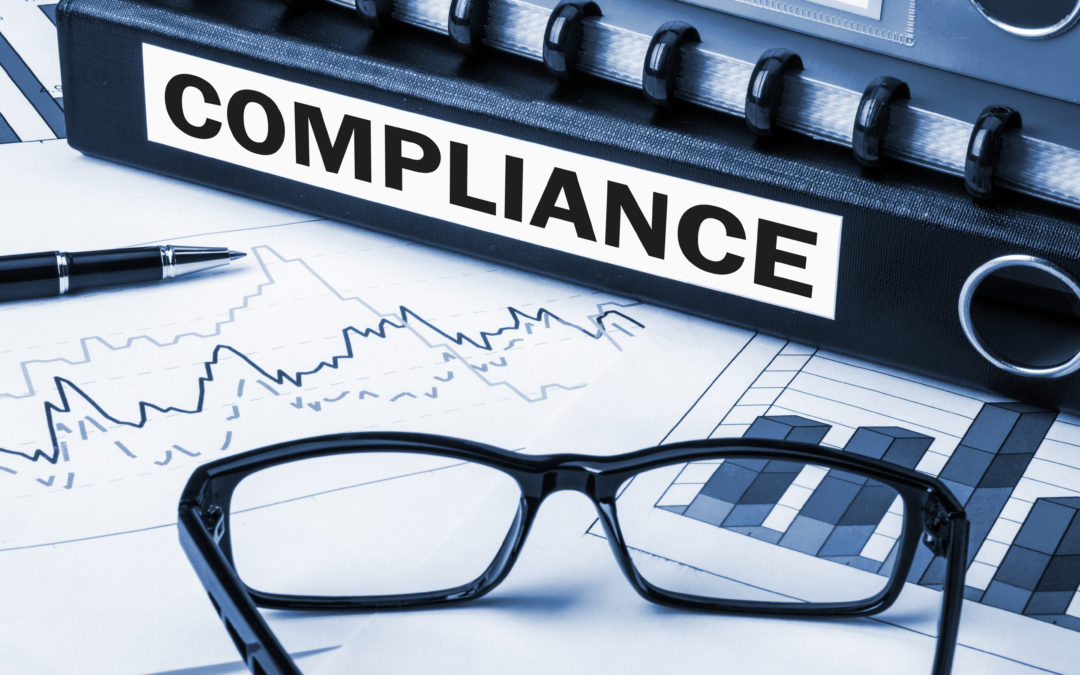Background Checks and the FCRA
By now most of the business world has some understanding of how important background checks are when hiring an employee. Whether you’re a small business with just a few employees or head of a large Human Resources department, background checks are most likely a standard practice in your hiring process. But are you using the information from the background check the right way? Are you making fair decisions based on the information in the background checks you receive? This is the prime reason that the Federal Credit Reporting Act (FCRA) was put into action. The FCRA regulates employment background checks conducted by Consumer Reporting Agencies (CRA).
The title FCRA may be misleading because it indicates regulation of credit reporting, but in truth, the FCRA guidelines include laws regarding the use of any consumer information in hiring decisions. The most common consumer reports are called “investigative reports”. Investigative reports are reports that contain personal information which is generally obtained through personal interviews. These reports give employers a more detailed view of the applicant’s general character, reputation and lifestyle.
Steps to Take Before Ordering a Consumer Report
If the proper steps are not taken before ordering a consumer report on an applicant, you could be setting yourself or your company up for an FCRA lawsuit. The following steps should be utilized for each consumer report you order:
- Inform the applicant/employee that the information that comes back on the consumer report may be used as a one of the key factors in your hiring decision.
- Be sure to have the applicant/employee give you written permission to order the report and use the information retrieved in it.
- Provide the following verification to the CRA: that the applicant’s/employee’s gave permission for the consumer report; that you complied with FCRA guidelines; that you will comply with federal and state laws regarding use of the information of the report; and that you will not discriminate against the applicant/employee based on the information in the consumer report.
Next Steps
If you decide that an applicant/employee is not the right person for the job based on any of the information you received in the consumer report this is considered an adverse action. The following information must be provided to the applicant/employee:
- A copy of the consumer report
- A copy of A Summary of Your Rights Under the Fair Credit Reporting Act. (This should have been provided to you by the CRA that ran the report.)
- An Adverse Action Notice containing the CRA’s name, address and phone number
- A statement that the hiring decision came from your company, not the CRA.
- A notice of the applicant’s/employee’s right to dispute the accuracy of the report and their right to receive an additional report from the CRA at no charge within 60 days of the notice.
Finally, be sure to properly dispose of the consumer report. The Federal Trade Commission (FTC) provides guidelines for the proper disposal of such documentation.
The EEOC
The Equal Employment Opportunity Commission (EEOC) goes hand-in-hand with the FCRA guidelines. While it’s not illegal to ask for personal information like education, work history, criminal history or social media accounts in hiring decisions, using that information the wrong way can land you on the wrong side of a lawsuit.
The EEOC enforces discrimination laws to ensure that employers are not making employment decisions based on age, color, disability, nationality, religious affiliation or sex. To ensure that you are following EEOC guidelines, it is imperative to follow that your company uses the exact same criteria and standards for each and every applicant/employee.
The Price of Not Following the Rules
Companies of all sizes have paid the price over the years for failing to correctly comply with the FCRA and EEOC laws. In early 2016, Dave & Buster’s, a national restaurant chain, was slapped with a class action lawsuit after rescinding an employment offer. The suit claims that Joseph Alvarez was offered a position as a line cook but two days later Dave & Buster’s retracted the offer because of information that came back on his consumer report. According to the lawsuit, Alvarez claims that he did not receive a copy of the consumer report, leaving him without the option of rebuking the information contained in it.
In 2015 Whole Foods settled a class action lawsuit for $803,000 after it was accused of not properly disclosing to employees that they were consenting to background checks as part of the application process. While that sounds like an astronomical number, the company could have easily paid much more to the 20,000 class members named in the suit.
Even if a company wins one of these class action lawsuits, the expense of defending the suit can be enough to render a company bankrupt. The best defense is to ensure you are complying with all state and federal guidelines when using the information in these reports.
SB Checks makes it our business to know the laws regarding the use of background checks. Call (888) 725-2535 today to review your process and see if you are compliant with current laws.

